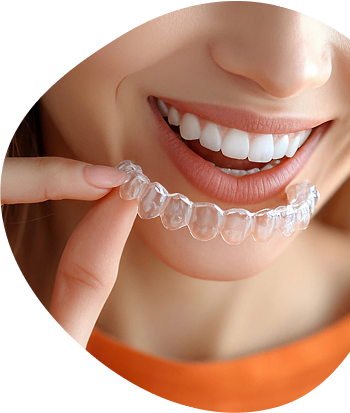Periodontal disease is no laughing matter. Men of all ages should have additional concerns if they’re at risk for or have been recently diagnosed with gum disease. Not only are you at risk of losing your teeth, but gum disease is also linked to many other health problems that affect your overall well-being. While your oral health is impacted by gum disease, so are many other aspects of your health. Gum disease, also known as periodontal disease, is higher I men than in women, perhaps due to their unlikeliness to visit the dentist for oral care.
Gum disease in men causes more symptoms and side effects than for women. Higher levels of plaque, tartar, and tooth pain are noted in men when compared to women. However, men must also consider the many other ways that oral health affects them. Some of the most common risks that come with gum disease include:
Prostate Health
Men with periodontal disease indicators are at an increased risk for prostate-specific antigens, an enzyme that causes poor prostate health and a variety of compilation. Red, swollen, and tender gums are among the indicators for men with gum disease.
Heart Disease
It’s always been known that oral health affects cardiovascular health. It increases your risk of developing the disease, which also increases the likelihood you’ll sustain a heart attack or stroke. Heart disease and cardiovascular disease rates are higher in men than in women, giving the guys yet another reason to take pride in their oral health care routine.
Erectile Dysfunction
Sometimes called impotence, Erectile Dys Taunton is more common in older men but may affect a man of any age. There is a correlation between gum disease and ED, putting men who are exposed to chronic inflammation that’s associated with ED at risk for damaged blood vessels. Impotence is one of the results of ED.
Oral Cancer
Men with a history of gum disease are at an increased risk of developing oral cancer when compared to men without periodontal disease. There is a 14% increase in oral cancer risks, which is a substantial number. However, it’s more than just oral cancer that men are at risk for if they don’t care for their teeth and mouth. There’s also a 54% increased risk of pancreatic cancer, and a 40% increased risk of developing blood cancers.
Final Thoughts
Women and children must also focus on maintaining their oral health to keep their teeth looking their best. However, it’s especially crucial for men to maintain their oral health and keep their smile great for a long time to come. Good oral health also reduces risks of developing the condition above and others that negatively impact your life.










.png)


